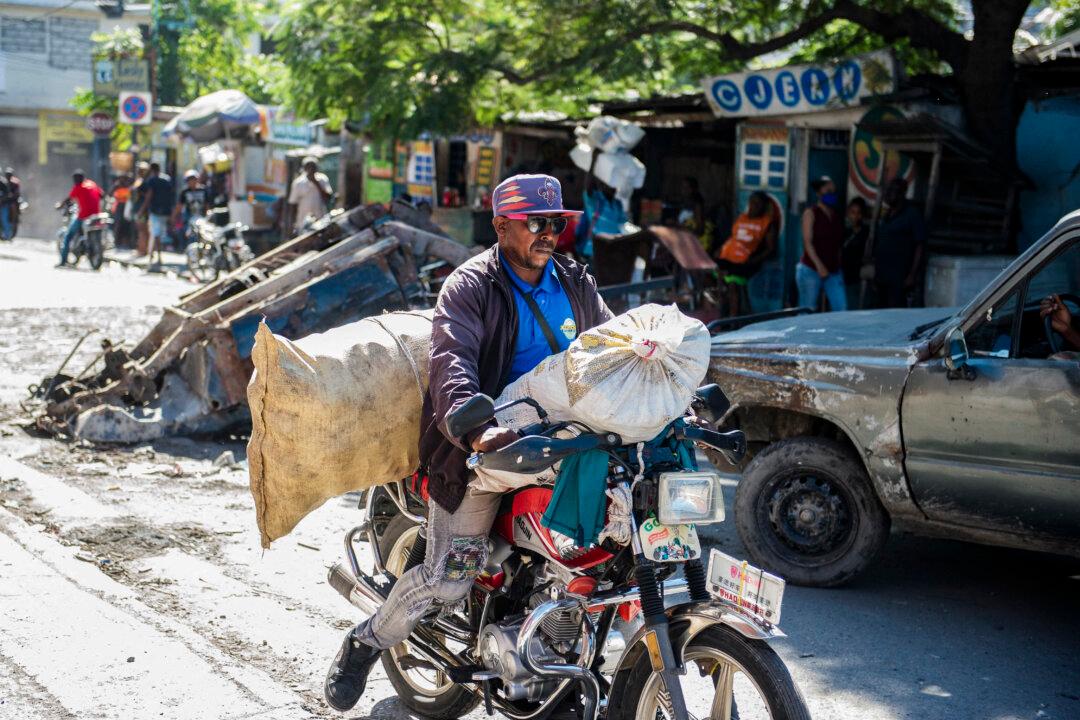Haiti’s transitional presidential council has sacked the country’s prime minister, Garry Conille, and replaced him with entrepreneur and former senate candidate Alix Didier Fils-Aimé.
Conille, a development specialist and former UNICEF regional director for Latin America and the Caribbean, was only named prime minister at the end of May, but he has failed to improve the country’s chronic law and order situation.





